NEET Deleted Syllabus 2024 topics include the nature of physical laws, Length, mass, and time measurements, Geostationary satellites, Momentum conservation, etc.
Table of Contents
NEET deleted syllabus topics 2024 consists of elastic energy, Heat engines and refrigerators, Resonance, Doppler effect, LC oscillations etc. NMC releases the updated NEET syllabus on their official website at nmc.org.in. The NEET 2024 syllabus consists of physics, chemistry and biology subjects, and the authorities have eliminated specific topics.
The newly added topics in NEET 2024 includes RMS speed of gas molecules, Avogadro's number, Concept of shells and subshells, Protein biosynthesis etc.
Also Check: NEET Previous Year Question Paper: PDF Download with Solution
NEET Deleted Syllabus 2024
The NMC authorities have eliminated specific topics from the NEET syllabus and have released the updated syllabus on their official website at nmc.org.in.
The NMC authorities have reduced the syllabus for Physics, Chemistry and Biology. Candidates can go through the subject-wise deleted topics for NEET 2024 stated below.
NEET Deleted Physics Syllabus 2024
NEET deleted the syllabus for Physics 2024, which includes topics like Heat Engines, Refrigerators, Davisson-Germer Experiment, Radioactivity- alpha, beta and gamma particles/ rays and their properties decay law, etc. Candidates can go through the detailed chapter-wise deleted topics given below.
- Physics and Measurement: Scope and excitement; nature of physical laws; Physics, technology, and society Need for measurement: Length, mass, and time measurements, accuracy and precision of measuring instruments.
- Kinematics: Elementary concepts of differentiation and integration for describing motion, Scalar and vector quantities: Position and displacement vectors, general vectors, general vectors and notation, equality of vectors, multiplication of vectors by a real number.
- Laws of Motion: Equilibrium of concurrent forces, lubrication.
- Rotational Motion: Momentum conservation, centre of mass of uniform rod.
- Gravitation: Geostationary satellites.
- Properties of Solids and Liquids: Shear, modulus of rigidity, poisson’s ratio; elastic energy, Reynold’s number, Qualitative ideas of Black Body Radiation, Wein’s displacement law, and GreenHouse effect, Cp, Cv, Newton’s law of cooling and Stefan’s law.
- Thermodynamics: Heat engines and refrigerators
- Electrostatics: Free charges and bound charges inside a conductor, Van de Graaff generator.
- Current Electricity: The flow of electric charges in a Metallic Conductor, Carbon Resistors, Colour Code for Carbon Resistors, Potentiometer-Principle and Applications to Measure Potential Difference, and for Comparing EMF of Two Cells; Measurement of Internal Resistance of a Cell.
- Oscillations and Waves: Free, forced and damped oscillations (qualitative ideas only), Resonance, Doppler effect.
- Magnetic Effects of Current and Magnetism: Concept of magnetic field, Oersted’s experiment, Cyclotron, Magnetic dipole moment of a revolving electron, Earth’s magnetic field and magnetic elements, Permanent magnets.
- Electromagnetic Induction and Alternating Current: LC oscillations (qualitative treatment only).
- Optics: Reflection and refraction of plane wave at a plane surface using wavefronts, Scattering of light- blue colour of the sky and reddish appearance of the sun at sunrise and sunset, Optical instruments: Human eye, Image Formation and Accommodation, Correction of Eye Defects (myopia and hypermetropia) using Lenses, Microscopes and Astronomical Telescopes (reflecting and refracting) and their Magnifying Powers.
- Atoms and Nuclei: Isotopes, isobars; isotones, Radioactivity- alpha, beta and gamma particles/ rays and their properties decay law.
- Electronic Devices: Energy bands in solids (qualitative ideas only), conductors, insulators, Junction transistor, transistor action, characteristics of a transistor; transistor as an amplifier (common emitter configuration) and oscillator, Transistor as a switch.
- Dual Nature of Matter and Radiation: Davisson-Germer experiment (experimental details should be omitted; only conclusion should be explained).
Also Read: NEET Physics Syllabus 2024
NEET Deleted Chemistry Syllabus 2024
There are several topics that have been deleted from the NEET Chemistry chapters. Candidates can go through the chapter-wise deleted topics for chemistry paper tabulated below.
- Some Basic Concepts of Chemistry: General Introduction: Important and scope of chemistry.
- Atomic Structure: Atomic number, isotopes and isobars. Concept of shells and subshells, dual nature of light.
- Chemical Thermodynamics: Third law of thermodynamics- Brief introduction
- Some p-Block Elements: Atomic number, isotopes and isobars, Concept of shells and subshells, dual nature of matter and light.
- Organic Compounds Containing Nitrogen: Cyanides and Isocyanides- will be mentioned at relevant places.
- Environmental Chemistry: Environmental pollution, Air, water and soil pollution, chemical reactions in atmosphere, smogs, major atmospheric pollutants; acid rain ozone and its reactions, effects of depletion of ozone layer, greenhouse effect and global warming-pollution due to industrial wastes; green chemistry as an alternative tool for reducing pollution, strategy for control of environmental pollution.
- Polymers: Classification- Natural and synthetic, methods of polymerization (addition and condensation), copolymerization. Some important polymers: natural and synthetic like polyesters, bakelite; rubber, Biodegradable and non-biodegradable polymers.
- Chemistry in Everyday Life: Chemicals in medicines- analgesics, tranquillisers, antiseptics, disinfectants, antimicrobials, antifertility drugs, antibiotics, antacids, antihistamines.Chemicals in food- preservatives, artificial sweetening agents, elementary ideas of antioxidants.Cleansing agents- soaps and detergents, cleansing action.
Also Read: How to Crack NEET Exam 2024? - Preparation Tips, Strategy
NEET Deleted Biology Syllabus 2024
There are several topics that have been deleted from the NEET Biology Syllabus. Students can go through the NEET deleted Biology Syllabus 2024 topics tabulated below.
- Diversity in Living World: Three domains of life, Tools for study of Taxonomy – Museums, Zoos, Herbaria, Botanical gardens, Angiosperms, Angiosperms classification up to class, characteristic features and examples
- Structural Organization in Animals and Plants: Morphology, anatomy and functions of different systems (digestive, circulatory, respiratory, nervous and reproductive) of an insect (cockroach). (Brief account only)
- Plant Physiology: The deleted topics in plant physiology includes the following:
- Transport in plants: Movement of water, gases and nutrients; Cell to cell transport-Diffusion, facilitated diffusion, active transport; Plant – water relations – Imbibition, water potential, osmosis, plasmolysis; Long distance transport of water – Absorption, apoplast, symplast, transpiration pull, root pressure and guttation; Transpiration-Opening and closing of stomata; Uptake and translocation of mineral nutrients-Transport of food, phloem transport, Mass flow hypothesis; Diffusion of gases (brief mention)
- Mineral nutrition: Essential minerals, macro and micronutrients and their role; Deficiency symptoms; Mineral toxicity; Elementary idea of Hydroponics as a method to study mineral nutrition; Nitrogen metabolism-Nitrogen cycle, biological nitrogen fixation, Seed dormancy; Vernalisation; Photoperiodism.
Also Read: NEET Biology Syllabus 2024
NEET Syllabus 2024: Newly Added Topics
NEET authorities have added new topics in physics, chemistry and biology for NEET examination. Candidates can go through subject wise topics for NEET 2024 stated below.
- Diversity in Living World: Three domains of life, Tools for study of Taxonomy – Museums, Zoos, Herbaria, Botanical gardens, Angiosperms, Angiosperms classification up to class, characteristic features and examples.
- Structural Organization in Animals and Plants: Morphology, anatomy and functions of different systems (digestive, circulatory, respiratory, nervous and reproductive) of an insect (cockroach). (Brief account only).
- Human Physiology: Digestion and absorption; Alimentary canal and digestive glands; Role of digestive enzymes and gastrointestinal hormones; Peristalsis, digestion, absorption and assimilation of proteins, carbohydrates and fats; Caloric value of proteins, carbohydrates and fats; Egestion; Nutritional and digestive disorders – PEM, indigestion, constipation, vomiting, jaundice, diarrhoea, Reflex action; Sense organs; Elementary structure and function of eye and ear.
- Plant Physiology: Transport in plants: Movement of water, gases and nutrients; Cell to cell transport-Diffusion, facilitated diffusion, active transport; Plant – water relations – Imbibition, water potential, osmosis, plasmolysis; Long distance transport of water – Absorption, apoplast, symplast, transpiration pull, root pressure and guttation; Transpiration-Opening and closing of stomata; Uptake and translocation of mineral nutrients-Transport of food, phloem transport, Mass flow hypothesis; Diffusion of gases (brief mention), Mineral nutrition: Essential minerals, macro and micronutrients and their role; Deficiency symptoms; Mineral toxicity; Elementary idea of Hydroponics as a method to study mineral nutrition; Nitrogen metabolism-Nitrogen cycle, biological nitrogen fixation, Seed dormancy; Vernalisation; Photoperiodism.
- Reproduction: Reproduction in organisms: Reproduction, a characteristic feature of all organisms for continuation of species; Modes of reproduction – Asexual and sexual; Asexual reproduction; Modes-Binary fission, sporulation, budding, gemmule, fragmentation; vegetative propagation in plants.
- Biology and Human Welfare: Tobacco abuse, Improvement in food production; Plant breeding, tissue culture, single cell protein, Biofortification; Apiculture and Animal husbandry.
- Ecology and Environment: Habitat and niche, Population and ecological adaptations, Nutrient cycling (carbon and phosphorous); Ecological succession; Ecological Services-Carbon fixation, pollination, oxygen release, Environmental issues: Air pollution and its control; Water pollution and its control; Agrochemicals and their effects; Solid waste management; Radioactive waste management; Greenhouse effect and global warming; Ozone depletion; Deforestation; Any three case studies as success stories addressing environmental issues.
Also Read: NEET Preparation Time Table 2024: Strategy, Resources, Pattern
NEET Physics Newly Added Topics 2024
NEET authorities have added new topics in the NEET physics syllabus 2024. Candidates can go through the NEET added topics for the physics paper given below.
- Gravitation: Motion of a satellite, time period and energy of a satellite
- Properties of Solids and Liquids: Pressure due to a fluid column; Pascal's law and its applications. Effect of gravity on fluid pressure
- Kinetics Theory of Gases: RMS speed of gas molecules, Avogadro's number
- Magnetic effects of current and magnetism: Effect of temperature on Magnetic Properties
- Dual Nature of Matter and Radiation: Dual nature of radiation
- Experimental Skills: The experimental skills constitute Familiarity with the basic approach and observations of the experiments and activities:
- Vernier callipers-it’s used to measure the internal and external diameter and depth of a vessel.
- Screw gauge-it’s used to determine thickness and diameter of thin sheet/wire.
- Simple Pendulum-Dissipation of energy by plotting a graph between the square of amplitude and time.
- Metre Scale - the mass of a given object by the principle of moments.
- Young's modulus of elasticity of the material of a metallic wire.
- Surface tension of water by capillary rise and effect of detergents.
- Coefficient of Viscosity of a given viscous liquid by measuring terminal velocity of a given spherical body.
- 8. Speed of sound in air at room temperature using a resonance tube.
- 9. Specific heat capacity of a given (i) solid and (ii) liquid by method of mixtures.
- The resistivity of the material of a given wire using a metre bridge.
- The resistance of a given wire using Ohm's law.
- Resistance and figure of merit of a galvanometer by half deflection method.
- The focal length of;
- (i) Convex mirror
- (ii) Concave mirror, and
- (iii) Convex lens, using the parallax method.
- The plot of the angle of deviation vs angle of incidence for a triangular prism.
- Refractive index of a glass slab using a travelling microscope.
- Characteristic curves of a p-n junction diode in forward and reverse bias.
- Characteristic curves of a Zener diode and finding reverse breakdown voltage.
- Identification of Diode LED, Resistor. A capacitor from a mixed collection of such item
Also Read: NEET Exam Instructions 2024: Things to Carry, Schedule, Guidelines
NEET Chemistry Newly Added Topics 2024
NEET authorities have added new topics in the NEET chemistry syllabus 2024. Candidates can go through the NEET added topics for the chemistry paper tabulated below.
- Atomic Structure: Nature of electromagnetic radiation, photoelectric effect; Spectrum of the hydrogen atom. Bohr model of a hydrogen atom - its postulates, derivation of the relations for the energy of the electron and radii of the different orbits, limitations of Bohr's model.
- Chemical Bonding and Molecular Structure: Kossel: Lewis approach to chemical bond formation, the concept of ionic and covalent bonds, Elementary idea of metallic bonding, Fajan's rule.
- Chemical Thermodynamics: Fundamentals of thermodynamics: System and surroundings, extensive and intensive properties' state functions, types of processes.
- Redox Reactions and Electrochemistry: Electrolytic and metallic conduction, conductance and their in electrolytic solutions, molar conductivities variation with concentration: Kohlrausch's law and its applications, Electrochemical cells - Electrolytic and Galvanic cells, different types of electrodes, electrode potentials including standard electrode potential, half-cell and cell reactions, emf of a Galvanic Cell and its measurement: Nernst equation and its applications, Relationship between cell potential and Gibbs' energy change: Dry cell and lead accumulator, Fuel cells
- Chemical Kinetics: Pressure, collision theory of bimolecular gaseous reactions (no derivation)
- D and F Block Elements: Transition Elements
- Principles Related to Practical Chemistry: Detection of extra elements (Nitrogen, sulphur, halogens), in organic compounds; Detection of the following functional group, hydroxyl (alcoholic and phenolic), carbonyl (aldehyde and ketones) carboxyl, and amino groups in organic compounds.
The chemistry involved in the preparation of the following:
- Inorganic compounds: Mohr's salt. potash alum
- Organic compounds: Acetanilide. p-nitro acetanilide, aniline yellow, iodoform
- The chemistry involved in the titrimetric exercises - Acids. bases and the use of indicators. oxalic-acid vs KMnO4. Mohr's salt vs KMnO4
- Chemical principles involved in the qualitative salt analysis
- Cations
- Anions
Chemical principles involved in the following experiments:
- Enthalpy of solution of CuSO4
- Enthalpy of neutralisation of strong acid and strong base
- Preparation of lyophilic and lyophobic sols
- Kinetic study of the reaction of iodide ions with hydrogen peroxide at room temperature.
Also Check: What is a Good Rank in NEET UG 2024?
NEET Biology Newly Added Topics 2024
NEET authorities have added new topics in the NEET biology syllabus 2024. Students can go through the NEET added topics for the biology paper tabulated below.
- Structural Organization in Animals and Plants: Family (malvaceae, Cruciferae, leguminosae, compositae, gramineae), Morphology, anatomy and functions of different systems (digestive, circulatory, respiratory, nervous and reproductive) of an insect (frog). (Brief account only)
- Cell Structure and Function: Classification and nomenclature of enzymes
- Genetics and Evolution: Protein biosynthesis
- Biology and Human Welfare: Dengue, Chikungunya
Also Check: Is NEET Exam Tough?



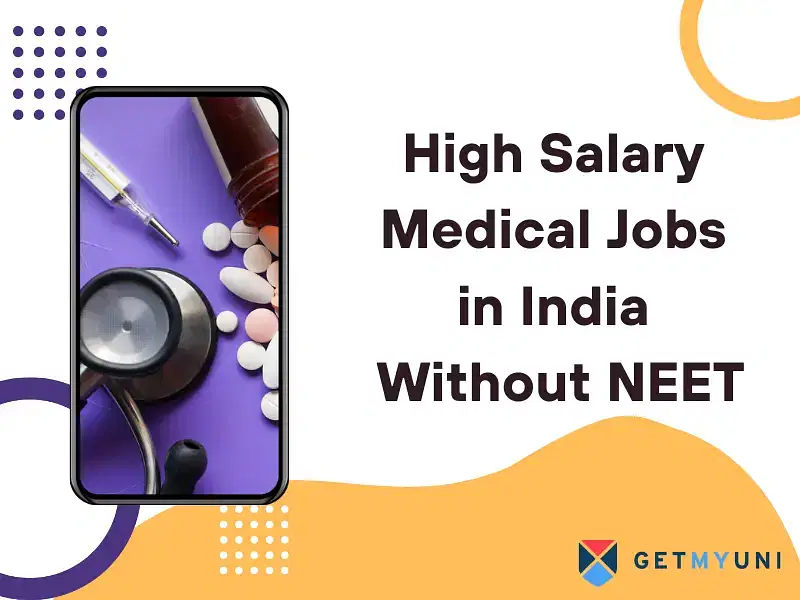
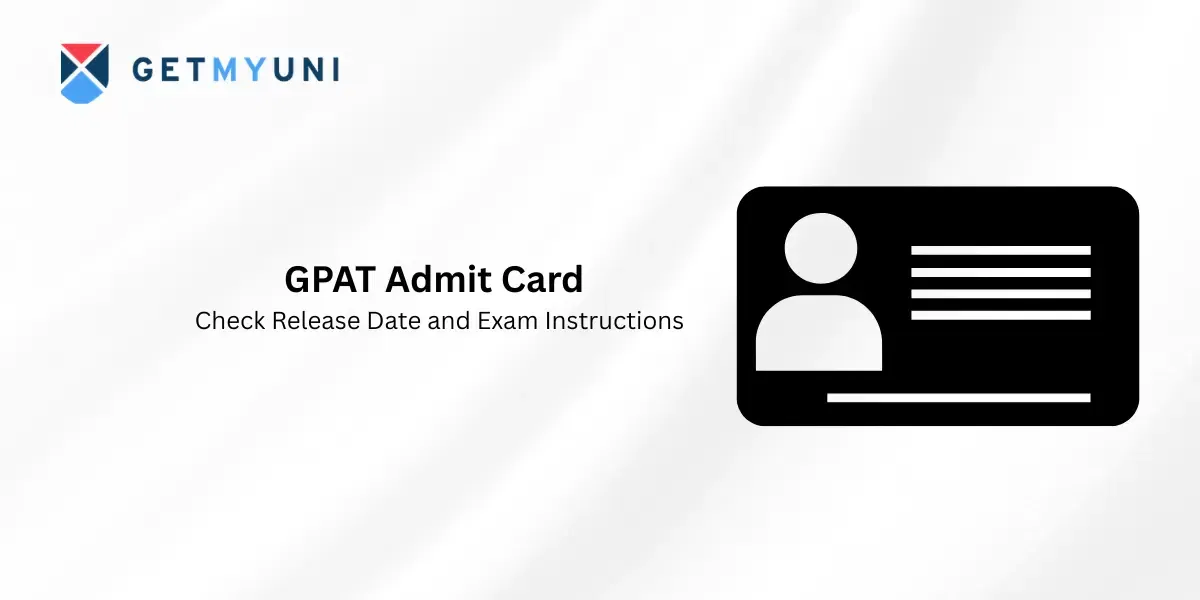
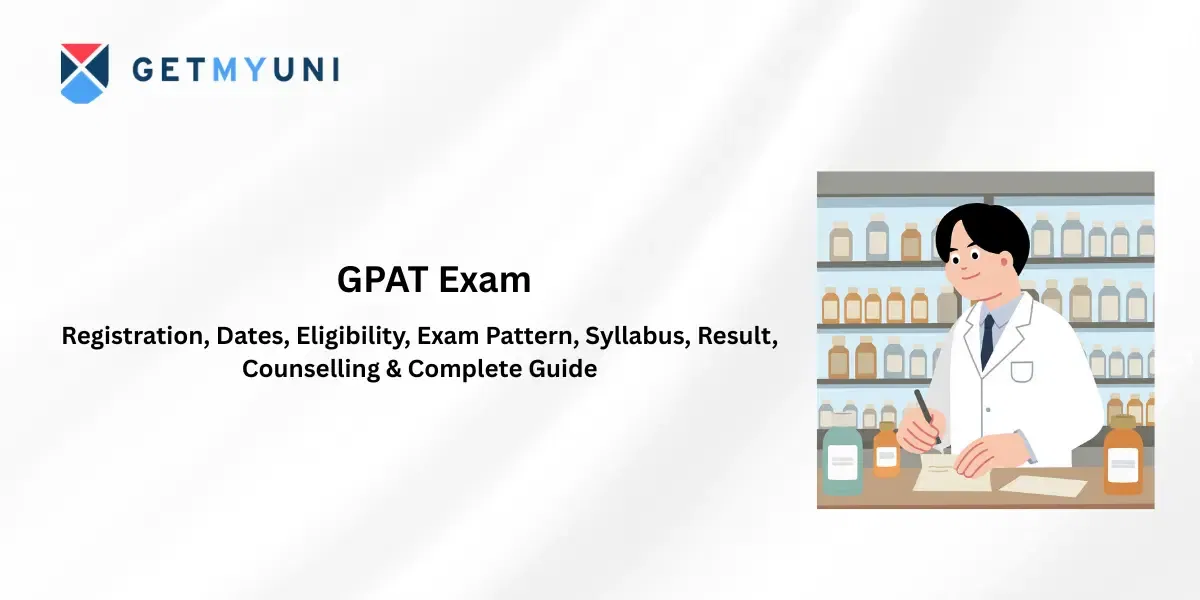

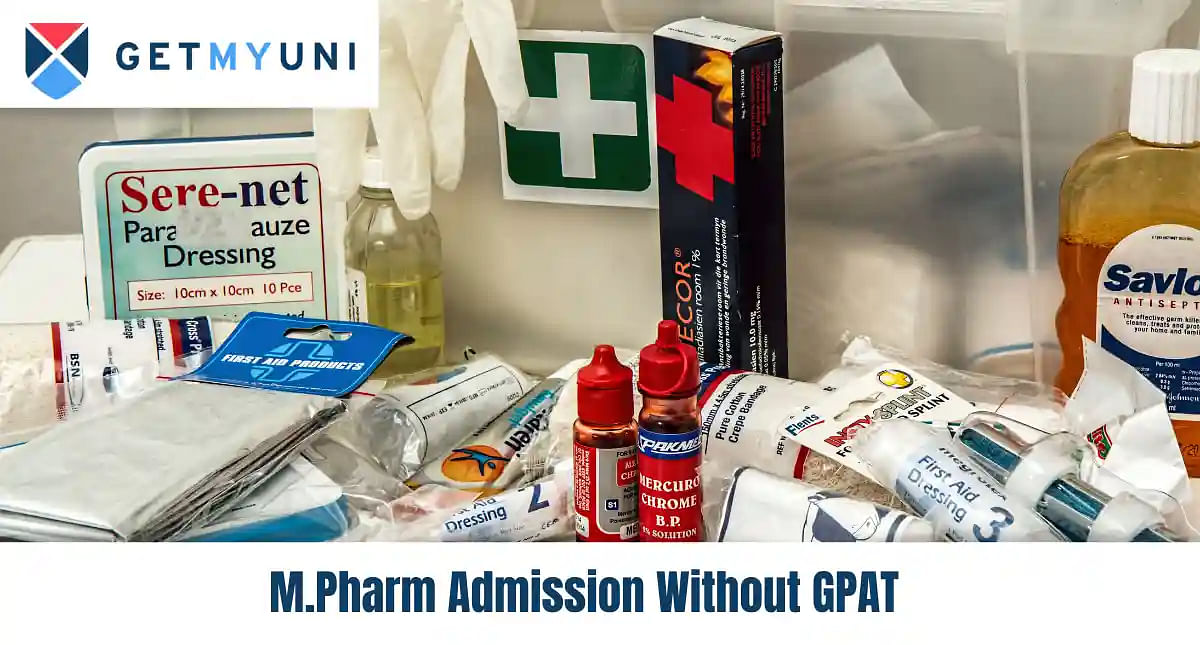
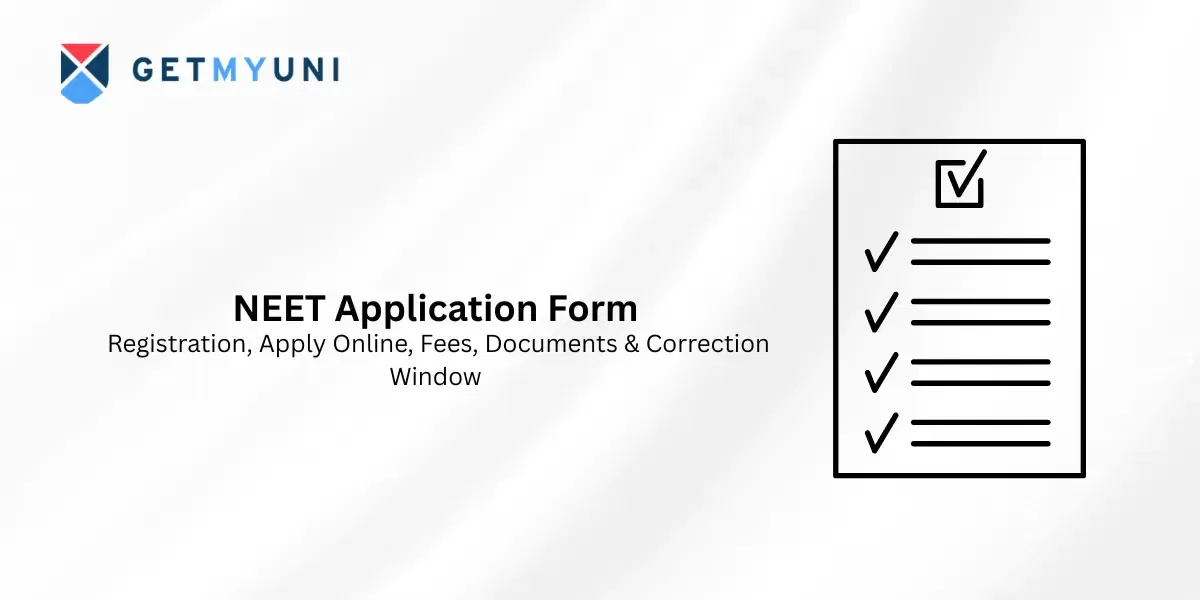


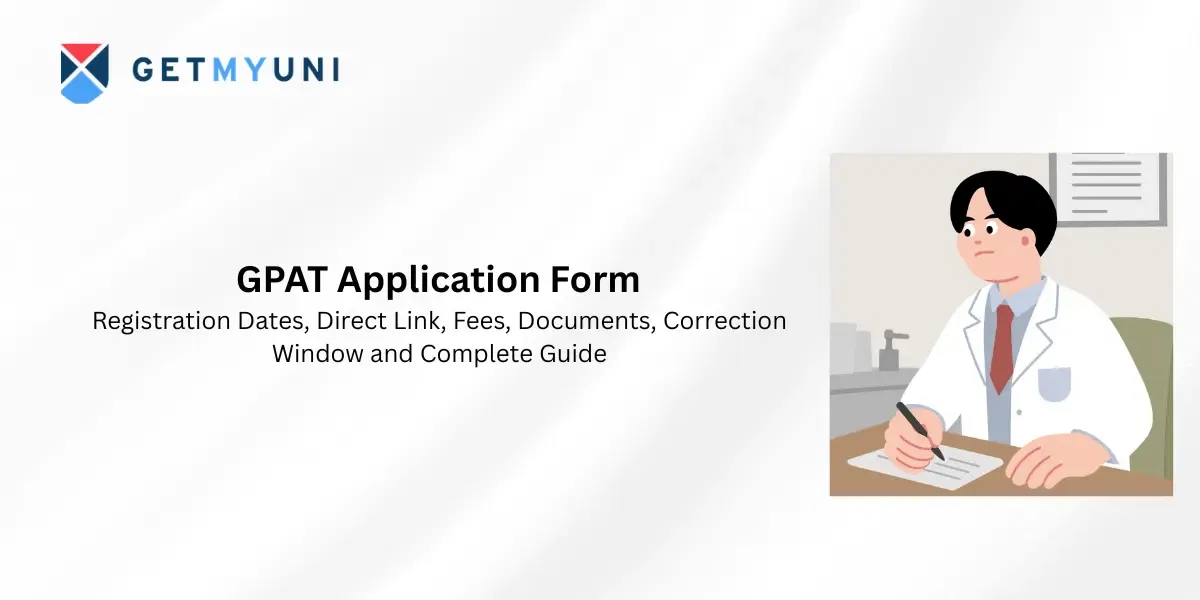











POST YOUR COMMENT